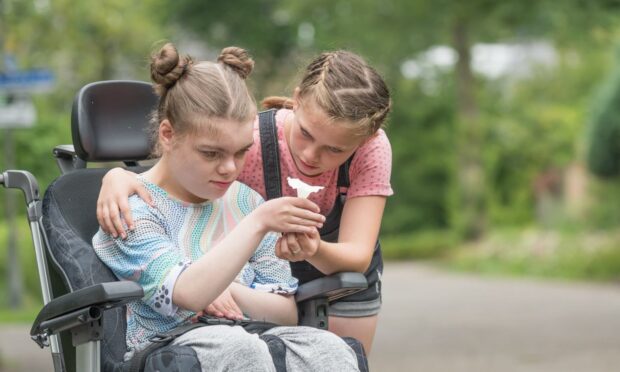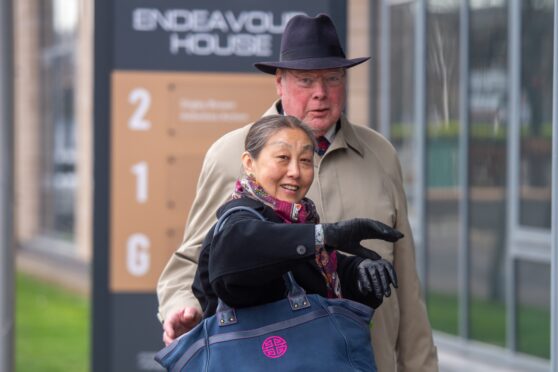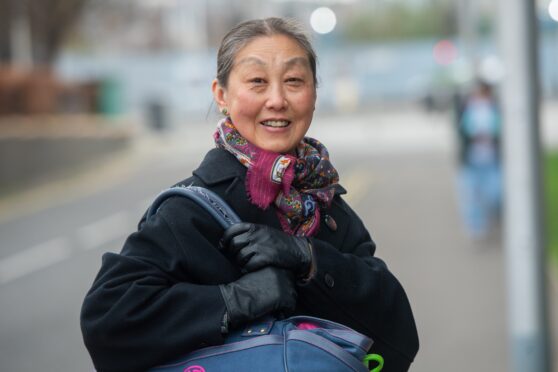Young carers feel stressed, lonely and worried under increasing pressure, they have told a national charity.
A survey by the Carers Trust found more than half of children or young adults caring for a family member said the amount of time they spent caring had increased in the past year.
One in five who responded spent between 20 and 49 hours caring a week, with one stating: “It’s harder than anyone understands and I feel like I’m drowning”.
Calling for more support for children who look after relatives on Young Carers Action Day – March 16 – the trust said the findings revealed an “alarming” lack of support.
Key survey findings were:
- 53% of young carers and young adult carers saw hours caring per week increase in the past year
- 42% said caring made them always or usually feel stressed
- 33% said the role made them always or usually feel lonely
- 40% said they never or not often had someone to talk to at school about being a carer
- 52% said they were never or not often supported by their school, college or university in balancing the role and studies
The survey was completed by 571 young and adult carers aged 12 to 25 across the UK and the trust said it illustrated a “dramatic” rise in time spent caring with pressures “greatly exacerbated” by the closure of services during the pandemic.
They don’t understand when I’m late arriving to school… my mum can’t get up most mornings.”
A young carer
Young carers are children who need to look after a family member or friend who is ill, disabled or misuses drugs or alcohol.
The trust has urged the UK and Scottish governments and other stakeholders to take action to address isolation, including ensuring more commissioned breaks and respite, monitoring how councils meet statutory duties to identify and support young carers and developing a more integrated and collaborative approach to support in education settings.
One young carer who responded to the survey said: “They don’t understand when I’m late arriving to school… my mum can’t get up most mornings.”
Another said they had to go to school even when they had been up all night caring, while another worried about staying in contact due to a ban on mobile phones in school.
Kirsty McHugh, the trust’s chief executive officer, said: “These stark findings underline the plight of young carers.
“Too many are left unsupported, struggling to access the services they need, with knock-on effects to their education, mental health and wellbeing. ”
In Scotland, every young carer has the right to a young carer statement setting out what is important to them, their goals and the support they need.
Those aged 16 to 18 are also eligible for a grant of £308.15 annually to help them access life opportunities which are the norm for many other young people.










